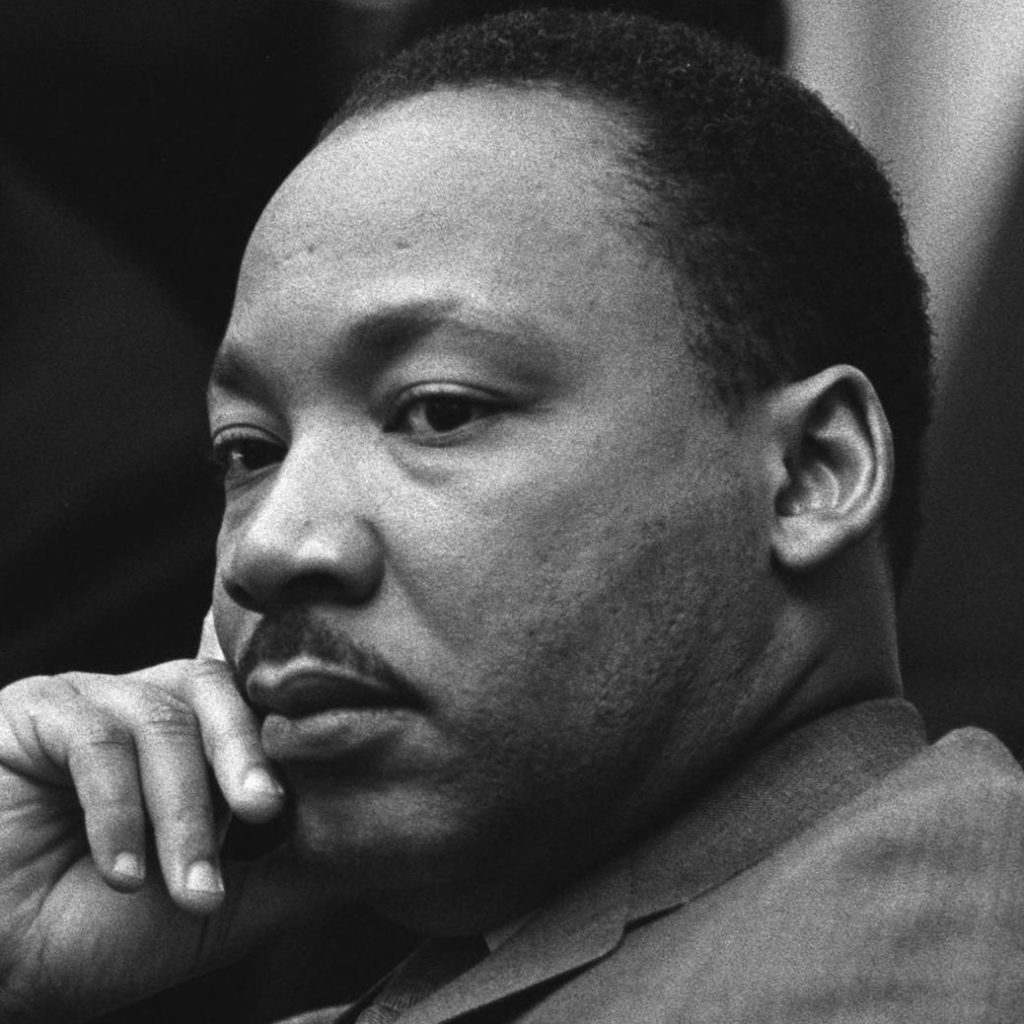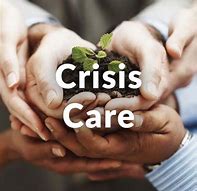I was deeply moved by the stories you shared in response to my latest blog on forgiveness. I learned of healing between brothers, between adults and parents and much more. I also learned of people struggling to forgive.
I want to share two great responses I received that gave me more insight into forgiveness.

Dr. King on Forgiveness. First, one friend shared Martin Luther King’s outstanding sermon on Christmas day 1957 at the Dexter Avenue Baptist Church in Montgomery Alabama. It was based on Matthew 5: 43 – 45 and was titled “Loving Your Enemy.” Through the course of his sermon, Dr. King suggested three ways we can love our enemy.
First and foremost, we must develop and maintain the capacity to forgive. Forgiveness, according to King, “is a catalyst creating the atmosphere necessary for a fresh start and a new beginning.”
Secondly, we must recognize the wrong we’ve suffered doesn’t entirely represent the other person’s identity. We must acknowledge that our opponent, like each one of us, possesses both bad and good qualities. We must choose to find the good and focus on it.
Third, we must not seek to defeat or humiliate our opponent, but to win his or her friendship and understanding. Such an attitude flows not from ourselves, but from God as his unconditional love works through us.
Outstanding advice for all of us!

State -Trait. I am particularly interested in his second point. Psychologists make an important distinction between a personal traits and personal states. Psychologists often use the distinction with regard to anxiety.
Anxiety about a particular situation is a state. State anxiety is not genetic or permanent and is specific to a particular situation. The anxiety associated with a job interview, or a public speech would be state anxiety. Generalized and more permanent anxiety would be a trait.
My gender is a trait, my height is a trait. My happiness is a state.
The problem Dr. King highlighted is our tendency to observe a mistake and assume that mistake represents the whole person.
I would add, we tend to see a mistake and often wrongly assume that is a permanent trait in that person and cannot be changed. In other words, I believe, we must acknowledge that our opponents, like each of us, make mistakes in certain situations but may not make the same mistake at other times.
For example, if a person commits a racially prejudice act in one situation, the issue is—is the person a racist in all situations forever? Some people believe so—one racist act makes the offender a racist and they will always be a racist.
The state view would be — a person may commit a racist act one time under one set of circumstances but that does not mean they will necessarily repeat the action.
Similarly, someone who steals is a thief; but will they continue to steal? The state view says people can change. They may not change but they can.
In both situations it is possible the error, however egregious, may be transitory. That in no way excuses the behavior when it happens, but it can help with forgiveness.
We are called to forgive. I find it helpful when I think of a mistake, a transgression, or a sin, as a state and not a trait. Understanding the situation can help understand ways to prevent and change circumstances to reduce the transgressions.
I strongly support Dr. King’s observation: Choose the good in others and focus on it!

Forgiveness amidst tragedies: A second insight into the forgiveness struggle came from a friend who spent much of his career as a chaplain; counseling in grief and crisis situations. I will let his words speak for themselves. I hope you are as moved as I was:
“I have been to both memorials and found them powerful though I found a haunting sense of sorrow and anger. I am not sure one ever forgets such events. I have always had an interest in and commitment to crisis care. There is a lot to say about such moments.
I have no answers but I do feel the struggle to forgive is a part of the human experience. I was struck with how hard forgiveness is to offer in so many experiences but especially in the large, horrible human experiences such as the OKC bombing tragedy and the WTC 911 tragedy.
OKC. When the OKC tragedy happened, I was working in the pediatric intensive care unit, taking care of a young mother and her very ill child. My department chair called me and told me that Wesley Medical Center wanted me (and a colleague) to go to OKC to help a sister hospital in the critical care work of caring for staff and patients. Within a couple of hours, we were headed south to help. It was a raw, overwhelming moment.
We got there in a couple of hours and immediately made our way to the scene itself. I will probably always carry my memories of this tragedy. It was standing near the day care center from which the children were pulled which still lingers not far away.
9/11. The second tragedy was strangely similar. We had just finished our early morning report and worship time and were grabbing a cup of coffee when a nurse came to me and asked me if I had heard about what happened in NYC. I said no and she told me. By the end of November, I was there and spent two weeks providing care to the various workers involved.
In both cases, I was confronted with the sinfulness of humankind and the need to understand evil, forgiveness and hope. And I was confronted with what to do about the fact that all of us struggle with our own need for forgiveness and how to forgive others.
I could go on and on. I suppose in some ways I still deal with the matter of forgiveness. But as a Christian, I think I am called to try to understand and offer help however difficult it is. I am certain that all of us stand in need of our own forgiveness and I try to let my own struggles remind me of my need and my hope for forgiveness.”
Thanks to everyone for their responses and continued interest in the importance of forgiveness.
Until next week
Peace
Jerry
0 Comments